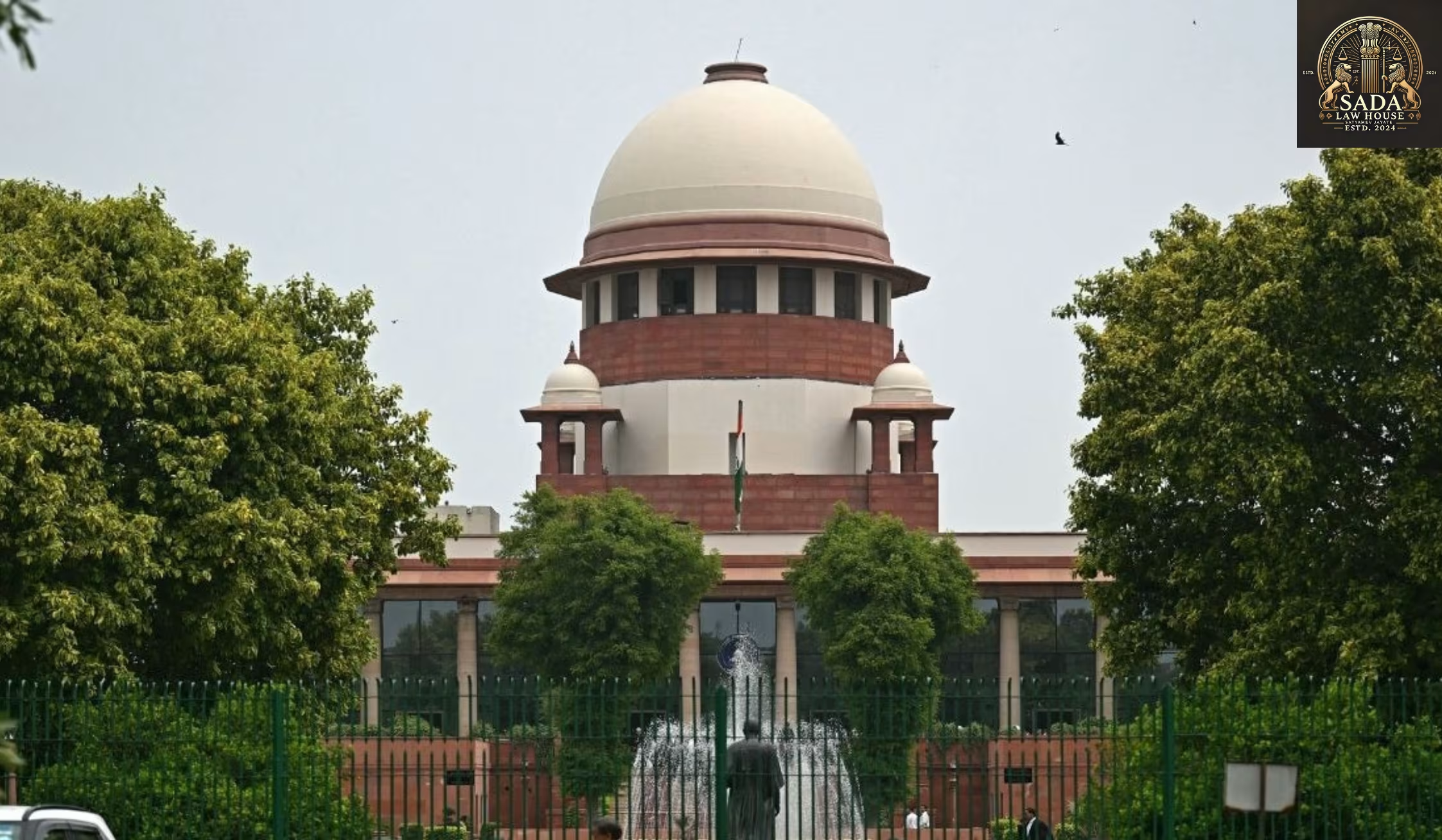Supreme Court Quashes False Rape Case Based on Promise of Marriage: A Landmark Judgment on Misuse of Law
- KASHISH JAHAN
- 03 June 2025

The Supreme Court of India quashes a false rape FIR based on a broken promise of marriage, citing abuse of legal process. This landmark judgment highlights the need to protect the innocent while upholding justice for genuine victims.
Supreme Court of India Quashes False Rape FIR Based on Promise of Marriage
In a significant legal development, the Supreme Court of India quashed a First Information Report (FIR) filed against a man accused of rape based on an alleged false promise of marriage. This case brings attention to the growing concern over the misuse of rape laws and the need for fact-based investigations.
The Allegation: Rape on False Promise of Marriage
A woman had accused a man of rape, claiming he engaged in sexual relations with her under the pretext of marriage. Following her complaint, an FIR was registered under Section 376 of the Indian Penal Code, which deals with rape.
Inconsistencies in the Victim’s Statement
Upon deeper scrutiny, the Court discovered multiple inconsistencies in the woman’s narrative. Despite her serious allegations, evidence revealed that she had maintained contact with the accused even after the alleged incident. This continuity raised serious doubts regarding the nature of the relationship, indicating it was consensual rather than coercive.
Supreme Court’s Verdict: FIR Quashed Due to Fabricated Allegations
After a thorough review, the Court concluded that the FIR was rooted in false and malicious intent. It stated that allowing such cases to proceed would amount to a “travesty of justice.” The verdict reaffirmed that criminal proceedings should not be used as tools of vengeance or harassment.
Balancing Justice: Protecting Genuine Victims and the Innocent
This judgment plays a vital role in reinforcing a balanced legal system. It emphasizes that while the law must safeguard genuine victims of sexual violence, it should also protect innocent individuals from being wrongfully accused based on fabricated stories. Such misuse of law can erode the public’s faith in the judicial system.
The Broader Impact on Legal and Social Discourse
This case has ignited conversations around the need for reform in how the judiciary handles cases involving personal relationships and allegations of sexual misconduct. Legal experts argue that each case must be evaluated on its merits, with concrete evidence rather than emotional claims.
A Reminder of Judicial Responsibility and Integrity
The ruling underscores the need for fairness and due process in all legal matters. The justice system should not be swayed by bias or manipulated through false accusations. It must serve all parties equally — ensuring justice for victims while shielding the innocent from unlawful persecution.
Conclusion: Upholding Justice with Integrity
The quashing of the FIR by the Supreme Court of India sets a powerful precedent in cases involving a false promise of marriage and alleged rape. It highlights the judiciary’s commitment to ensuring that justice is not only done but seen to be done — for both the accused and the accuser.
False allegations can have devastating consequences, tarnishing reputations and misusing valuable legal resources. At the same time, the law must continue to protect genuine survivors of sexual assault. This judgment serves as a critical reminder that the legal system must remain impartial, fact-driven, and resistant to manipulation.
By drawing a clear line between genuine claims and fabricated accusations, the Court reinforces the integrity of India’s legal framework — one that stands for truth, justice, and fairness for all.
Live Cases






